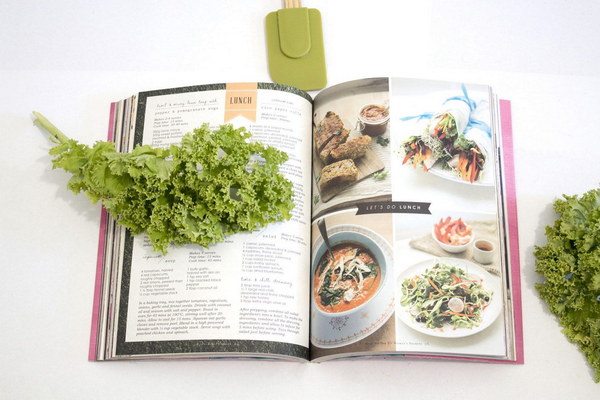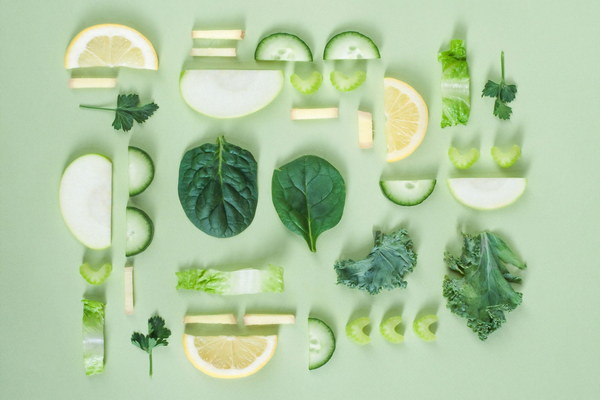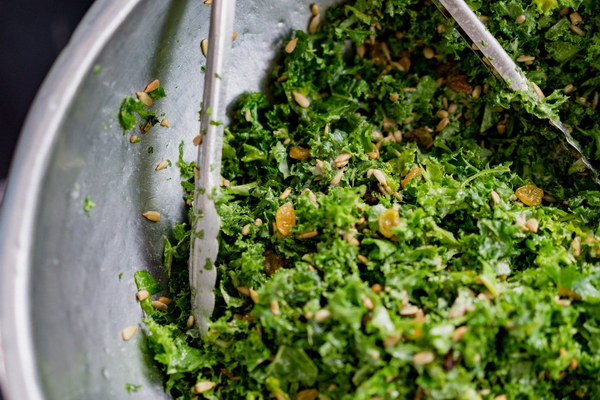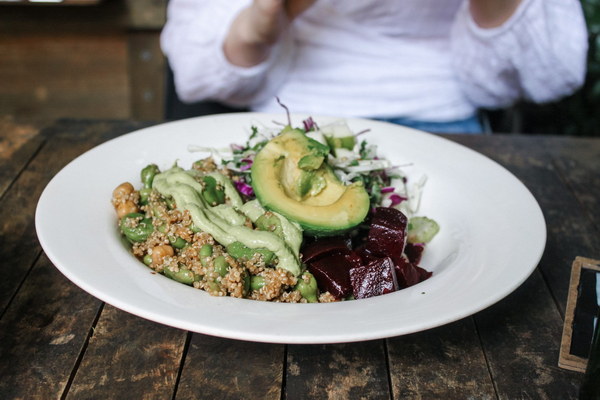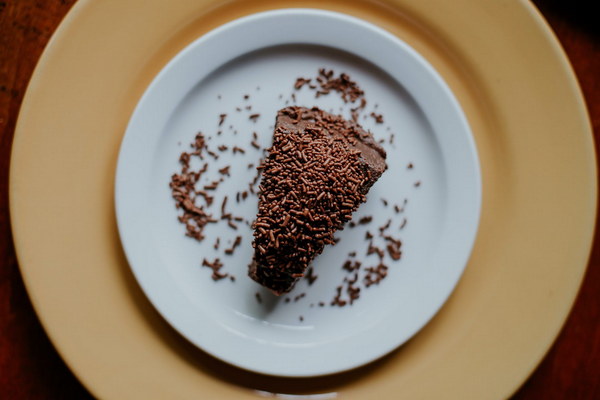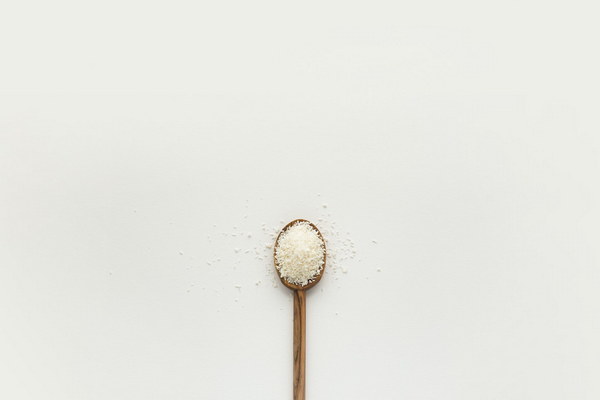Mastering the Art of Brewing Health-Boosting Herbal Teas Tips and Techniques Unveiled
Introduction:
Herbal teas have been a cherished part of traditional medicine for centuries, offering a myriad of health benefits ranging from improved digestion to enhanced immunity. However, not all herbal teas are created equal, and the way you brew them can significantly impact their effectiveness. In this article, we will delve into the secrets of brewing the perfect health-boosting herbal tea, providing you with valuable tips and techniques to unlock their full potential.
1. Choosing the Right Herbs:
The first step in brewing an effective herbal tea is selecting the right herbs. Different herbs possess unique properties that cater to various health concerns. Some popular options include chamomile for relaxation, ginger for digestion, and echinacea for immune support. To ensure you're using high-quality herbs, opt for organic and fresh or dried options from reputable sources.
2. Using Fresh or Dried Herbs:
Whether you choose fresh or dried herbs, it's essential to prepare them correctly. Fresh herbs should be thoroughly washed and chopped, while dried herbs can be used directly. For dried herbs, consider using a fine mesh strainer or cheesecloth to strain out any remaining particles after brewing.
3. The Right Quantity:
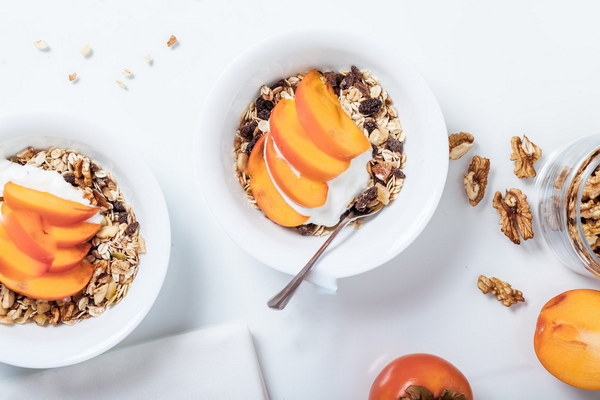
The quantity of herbs used in brewing herbal tea can vary depending on the specific herb and your desired strength. As a general guideline, use about 1-2 teaspoons of dried herbs or 2-3 tablespoons of fresh herbs per cup of water. Adjust the amount according to your taste preferences and the intended health benefits.
4. Water Temperature:
The temperature of the water is crucial for extracting the maximum benefits from your herbs. For delicate herbs like chamomile or peppermint, use water just below boiling point (around 200°F or 93°C). For stronger-flavored herbs like ginger or turmeric, boiling water (212°F or 100°C) is ideal. Adjust the temperature to suit the specific herb you're using.
5. Brewing Time:
The brewing time for herbal teas can range from 3-10 minutes, depending on the herb and your desired strength. Shorter brewing times are suitable for delicate herbs, while longer times can enhance the flavor and medicinal properties of stronger herbs. Always refer to specific guidelines for each herb to ensure optimal brewing.
6. Straining and Serving:
After brewing your herbal tea, it's crucial to strain out the herbs to separate the liquid from the plant material. Use a fine mesh strainer or cheesecloth to strain the tea and preserve the delicate flavors. Serve your tea immediately or store it in an airtight container for up to 24 hours in the refrigerator.
7. Enhancing the Flavor:
Herbal teas can be enjoyed plain or with added ingredients to enhance the flavor. Consider adding slices of lemon or lime, a sprig of mint, or a sprinkle of honey or maple syrup to suit your taste preferences. However, avoid adding dairy products, as they can interfere with the absorption of certain medicinal properties.
Conclusion:
Brewing the perfect health-boosting herbal tea requires attention to detail and an understanding of the specific properties of each herb. By following these tips and techniques, you can unlock the full potential of your herbal teas and enjoy their numerous health benefits. Remember to experiment with different herbs and brewing methods to find the combination that best suits your taste and needs. Happy brewing!

